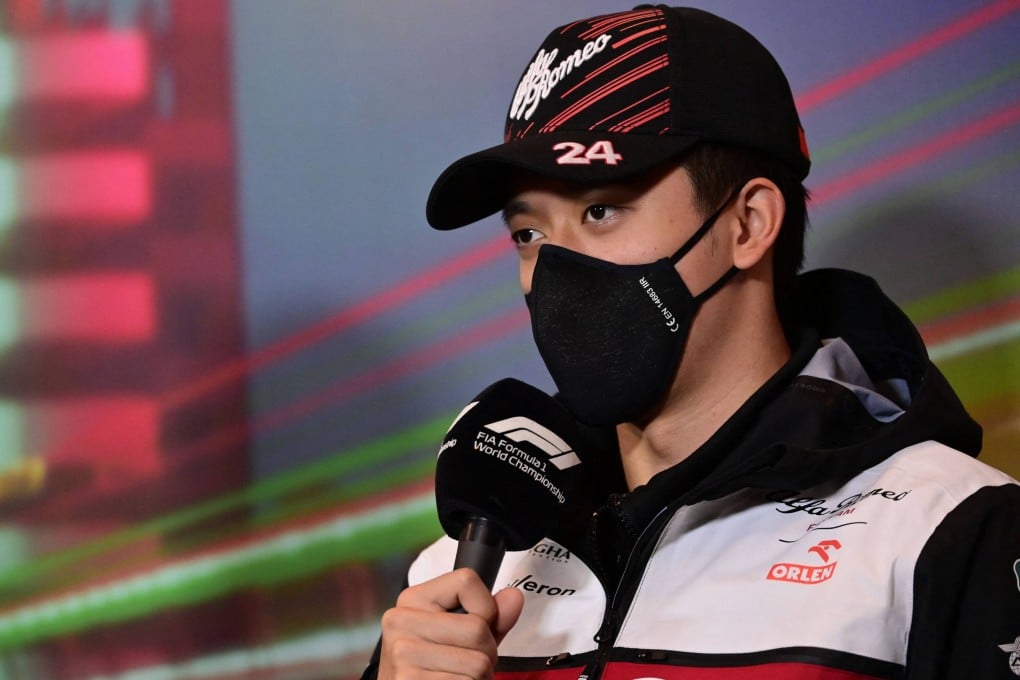Advertisement
Formula 1: Zhou Guanyu’s fame grows in China and London, but the cap seems to fit
- Blazing a trail in F1 for Chinese drivers, the Shanghai native starts the sixth race of his debut season in Sunday’s Spanish Grand Prix in Barcelona
- The Alfa Romeo driver finds the toughest part is mental – ‘you have to do it every single week’ in F1, and it’s ‘40 per cent driving, 60 per cent other stuff’
Reading Time:4 minutes
Why you can trust SCMP

Zhou Guanyu loves visiting Chinatown in his adopted city of London, but it comes at a price: it’s hard to maintain a low profile. “I have to wear a cap because people keep recognising me,” he says, although he adds: “It’s great to have this kind of thing.”
Happy to make time for those eager to engage with China’s first Formula 1 star, the Alfa Romeo driver is getting a taste in the UK of what he can expect when he finally returns to his native Shanghai. The pandemic has kept him away for two years, and with the city’s Chinese Grand Prix cancelled again this season, he will have to wait a while longer.
He has heard from his father that his star is rising. “I think I’ll be getting recognised very easily,” he says. “It’s fine. The main thing is I’m really looking forward to going back.”
Advertisement
Zhou, 22, is speaking to the Post ahead of Sunday’s Spanish Grand Prix in Barcelona, the sixth race of his debut season in F1. It is a steep learning curve and he has little time to himself.
“Once you get to F1, it’s more like 40 per cent driving and 60 per cent other stuff, like team briefings, commercial commitments, meeting people,” he says. “Your life is non-stop, super-busy.
Advertisement
Advertisement
Select Voice
Choose your listening speed
Get through articles 2x faster
1.25x
250 WPM
Slow
Average
Fast
1.25x